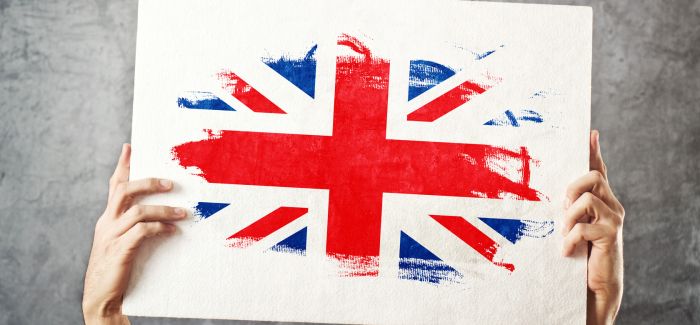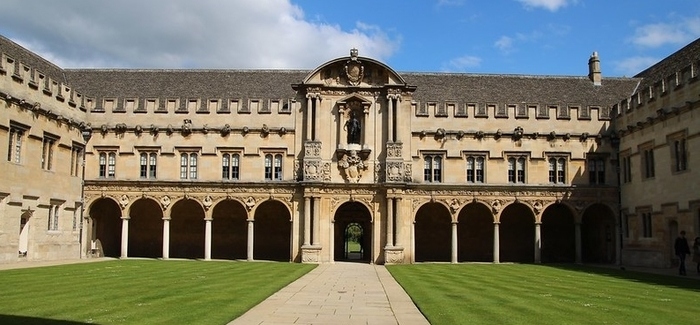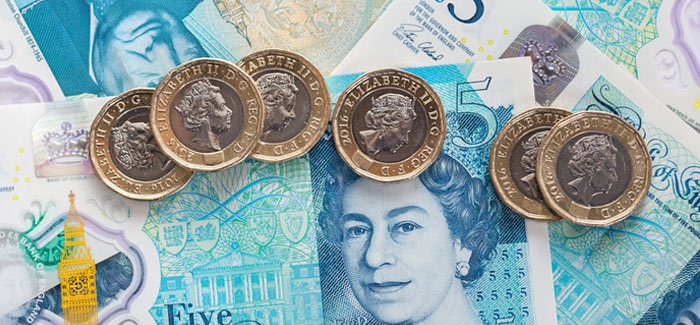UK Prime Minister Theresa May has announced there will be a general election on June 8. Make sure you’re able to cast a vote and have your say on the future direction of the UK and Brexit by following these steps.
Go online and register to vote - it takes just five minutes. (Northern Ireland residents, you’ll need to register by clicking here instead.)
1. Check you’re eligible to vote
If you’ll be 18 or over by June 8, and you’re a British citizen, you will be eligible to vote. You may also be able to vote if you’re a Republic of Ireland citizen, or from one of the following Commonwealth countries:
- Antigua and Barbuda
- Australia
- The Bahamas
- Bangladesh
- Barbados
- Belize
- Botswana
- Brunel Darussalam
- Cameroon
- Canada
- Cyprus
- Dominica
- Fiji Islands
- Ghanas
- Grenada
- Guyana
- India
- Jamaica
- Kenya
- Kiribati
- Lesotho
- Malawi
- Malaysia
- Maldives
- Malta
- Mauritius
- Mozambique
- Namibia
- Nauru
- New Zealand
- Nigeria
- Pakistan
- Papua New Guinea
- Rwanda
- St Kitts and Nevis
- St Lucia
- St Vincent & The Grenadines
- Samoa
- Seychelles
- Sierra Leone
- Singapore
- Solomon Islands
- South Africa
- Sri Lanka
- Swaziland
- United Republic of Tanzania
- Tonga
- Trinidad and Tobago
- Tuvalu
- Uganda
- Vanuatu
- Zambia
- Zimbabwe
Of course, these countries only apply if you’re also a permanent resident at an address in the UK. Only British citizens can vote from abroad, and even then they must have been registered to vote in the last 15 years.
2. Register to vote
Go online and register to vote - it takes just five minutes. (Northern Ireland residents, you’ll need to register by clicking here instead.)
You will need to know your National Insurance number in order to register (as well as your UK passport number if you’re registering to vote from abroad). If you don’t know your National Insurance number, you should be able to find it on any payslips you’ve received.
If you still can’t find it, either fill in this form or call the National Insurance helpline (0300 200 3500 if you’re in the UK, +44 191 203 7010 if you’re abroad).
You will also need to give the address you wish to register for. If you’re planning to vote in person (more on the other options later), this needs to be the address where you’ll be on June 8. If you’re currently at university, check your calendar now and see if you’ll be back home or still at university on that day. If you’re not sure, don’t worry: you can register for two addresses, although you can still only vote once.
3. On the day
Before election day, you’ll receive a poll card in the post, informing you of where and when to vote. If this doesn’t turn up, contact your local Electoral Registration Office. You don’t need your card to be able to vote, so don’t worry if you lose it - just as long as you know where you’re meant to be going!
On election day, voting will be open from 7am to 10pm. Staff at the polling station will ask for your name and address. You’ll then be given a ballot paper to fill in. Follow the instructions on the paper and place your slip in the ballot box.
If you’re going to be away from home on June 8, you can still vote. Apply to vote by post by May 22 and you’ll receive a postal ballot before election day. You must post this back as soon as possible. If it doesn’t arrive by June 8, your vote will not be counted. If you aren’t able to post it back in time, you can still bring it to the polling station on June 8.
The other way to vote in the general election is to vote by proxy. This is when you nominate somebody to vote on your behalf, such as a close family member. You can only apply for this in certain circumstances (for example, if you’re away on June 8 or have a disability), and the person you choose must also be registered to vote.
Useful links
Register to vote (Northern Ireland residents)
Fill in this form if you’ve forgotten your National Insurance number
How to contact your local Electoral Registration Office
Images: Houses of Parliament (Maurice: Flickr), Polling Station (Paul Albertella: Flickr)











